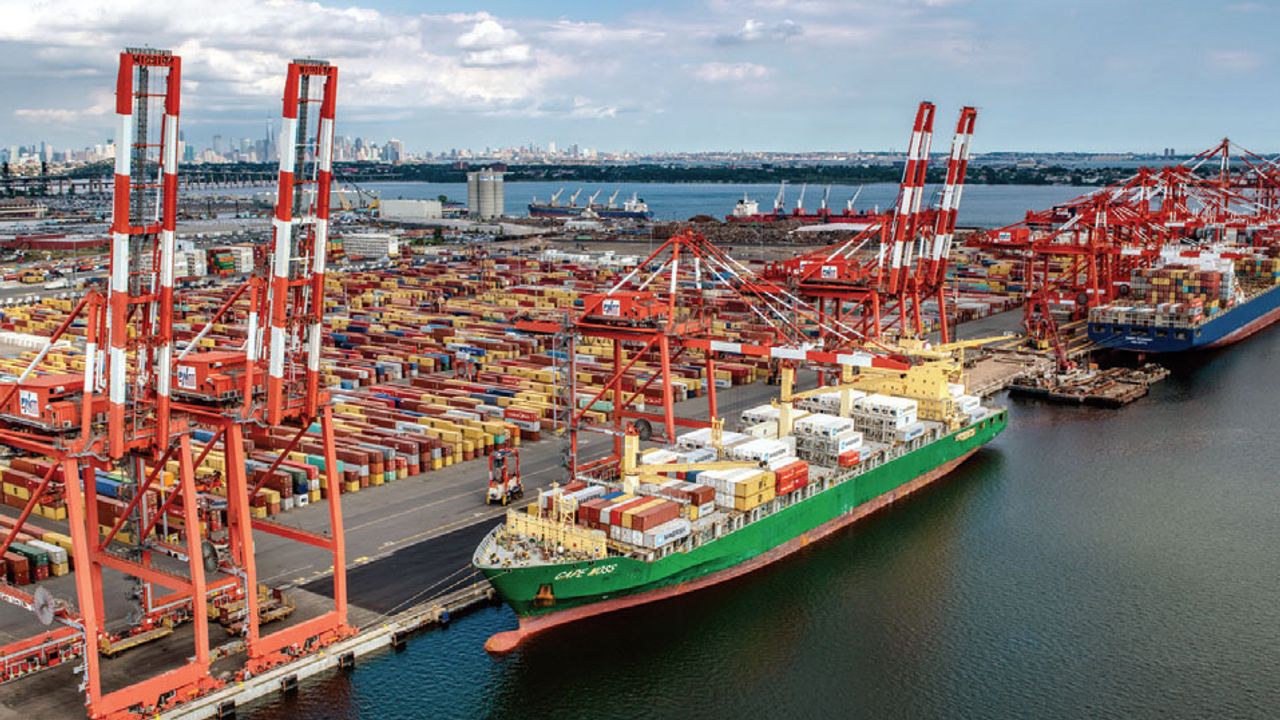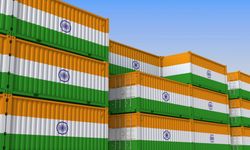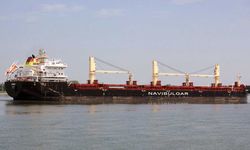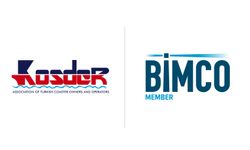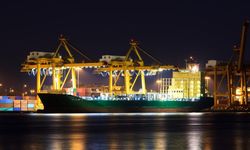Automakers, food producers, and commodities traders are accelerating shipments to avoid higher costs. "We see companies currently front-loading their imports into the U.S.," said Patrick Lepperhoff, managing director at supply chain consultancy Inverto in Cologne. "They have modeled scenarios on how much they could be hit by tariffs and decided quite broadly to import volumes in advance to stay covered."
The surge contributed to a record U.S. trade deficit of $122 billion in December, as goods imports climbed 4% while exports declined by 4.5%. Ports along the U.S. East and West Coasts are handling larger-than-usual volumes, straining warehouse capacity and trucking logistics.
Retailers, including PacSun, have formed tariff task forces to coordinate supply chain strategies. "PacSun has a very proactive plan to support our suppliers and vendors," said CEO Brieane Olson, highlighting the industry's urgency in mitigating costs.
A key moment looms on February 1, when Trump is expected to announce tariffs on imports from Mexico and Canada. The U.S. imported $844 billion in goods from the two nations in 2024, accounting for 28% of total imports. Automakers, particularly vulnerable due to manufacturing plants in Mexico and Canada, are rushing to clear shipments before any tariffs take effect. General Motors, for instance, has accelerated deliveries from its facilities. "Every delivery we can make before a tariff is imposed is a win," said CFO Paul Jacobson.
The shipping surge has already impacted some sectors. German chemical giant Lanxess reported stronger-than-expected Q4 profits due to advance U.S. orders. Italian cheese exporters, seeking tariff exemptions, have shipped more Parmigiano Reggiano than usual, while steel buyers in Tampa and Houston are stockpiling supplies from South Korea, Japan, and Turkey, contributing to warehouse congestion and rising costs.
While many businesses are rushing to import, others remain cautious. Toymaker MGA Entertainment has opted not to increase shipments. "We can't buy that much inventory in anticipation of duties," said CEO Isaac Larian. Similarly, wine importers, wary after past miscalculations, are treading carefully. Old Bridge Cellars president Rob Buono recalled stockpiling champagne ahead of a threatened 2019 tariff, only for it to be scrapped. "We got lucky clearing that inventory during COVID," he said.
As uncertainty persists, the maritime industry remains at the forefront of a trade landscape shaped by policy shifts and market reactions. Shippers, port operators, and logistics firms are bracing for continued volatility as businesses weigh the risks of stockpiling versus waiting out political decisions.
